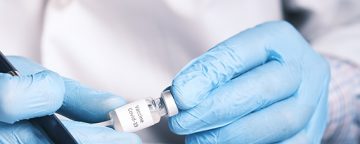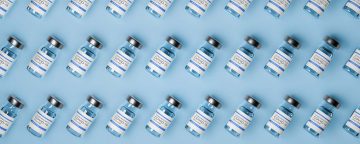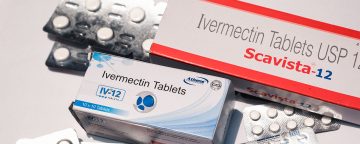New research in PNAS led by policy center researchers finds that trust and knowledge have larger roles than Covid-specific factors in overcoming vaccination hesitancy.


New research in PNAS led by policy center researchers finds that trust and knowledge have larger roles than Covid-specific factors in overcoming vaccination hesitancy.

Millions of Americans continue to believe misinformation about vaccination and Covid-19, and these beliefs are associated with hesitancy to get themselves and their children vaccinated – or, if they are vaccinated, to get a booster.

"Creating Conspiracy Beliefs: How Our Thoughts Are Shaped" (Cambridge University Press), by researchers at the University of Pennsylvania and Western Illinois University, investigates influences on conspiracy beliefs.

While the nation was in the grips of the Covid-19 pandemic during last year’s holiday season, not many in the media were focused on possible links between the holidays and suicide trends.

Throughout the Covid-19 pandemic, conspiracy theorists have exploited the conditional nature of science and questioned the trustworthiness and motives of federal agencies and officials to depict scientists and health authorities as malign actors.

The Annenberg Public Policy Center and Penn’s Center for Public Health Initiatives have partnered on a guide to key facts and answers to important questions about Covid-19 and vaccination.

Rather than causing a backlash, vaccination requirements will succeed at getting more people inoculated, according to research from PIK Professor Dolores Albarracín and Penn colleagues.

Four in 10 Americans and 7 in 10 heavy users of conservative media say they'd take ivermectin if exposed to someone with Covid-19, a new Annenberg survey finds.

More than a third of Americans say they might be willing to abolish the Supreme Court or have Congress limit its jurisdiction if the court were to make decisions they or Congress disagreed with.

APPC and FactCheck.org are part of an NSF-funded collaboration to counter misinformation online by narrowing the gap between research and response.